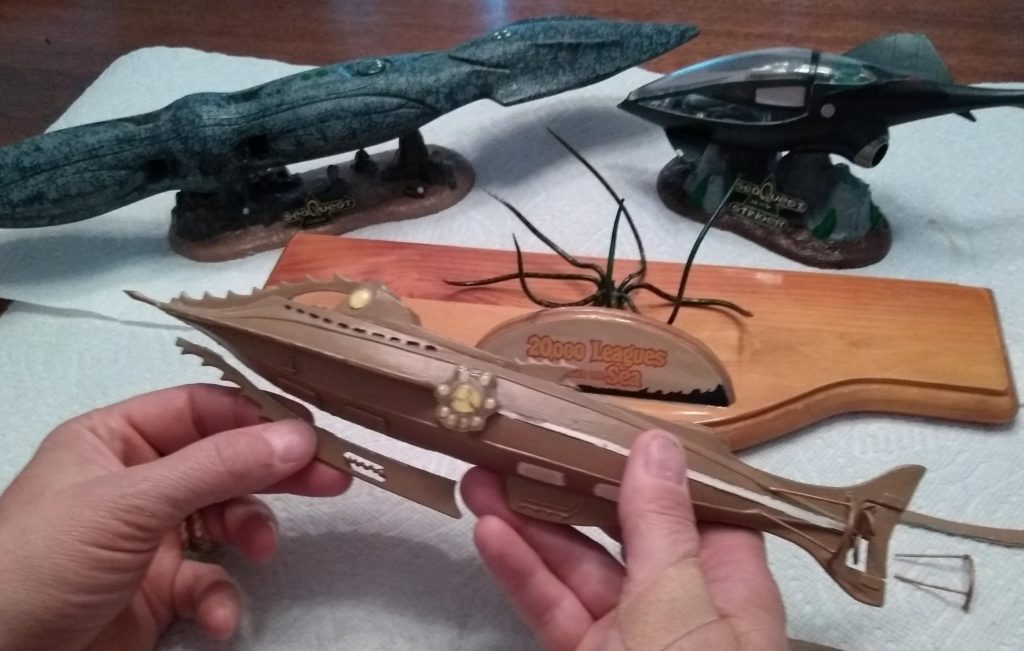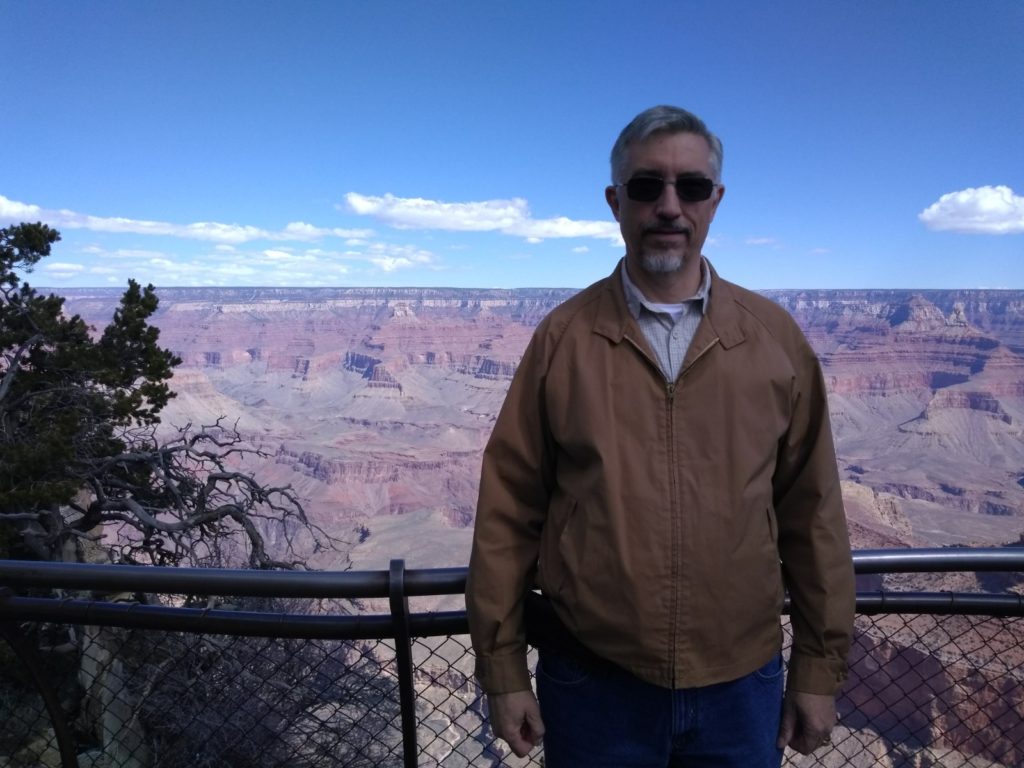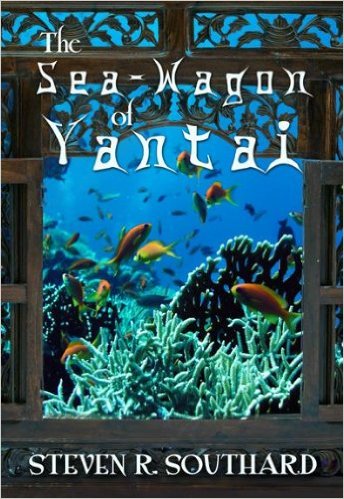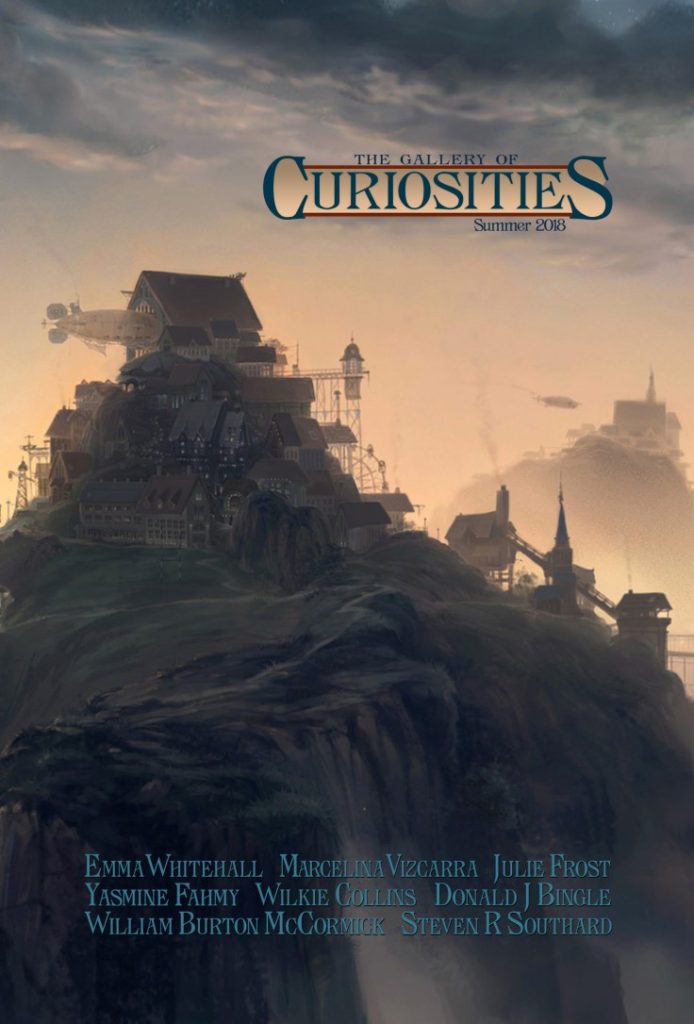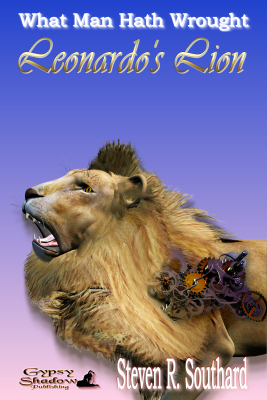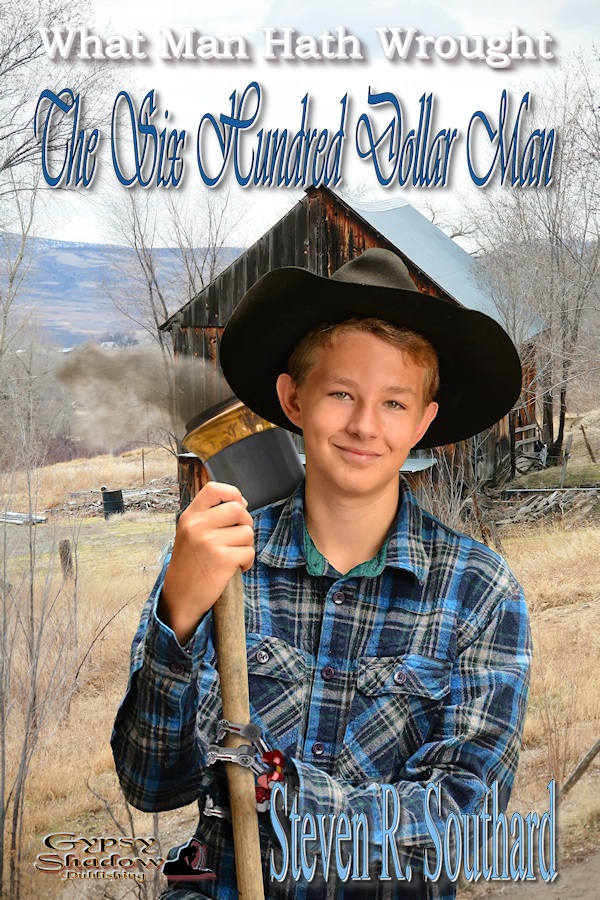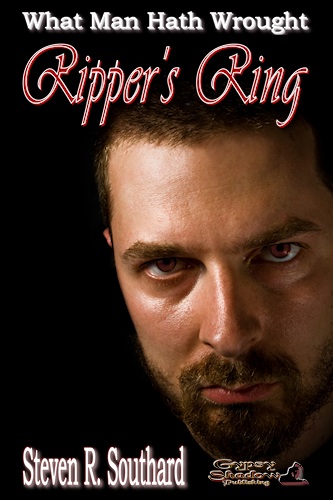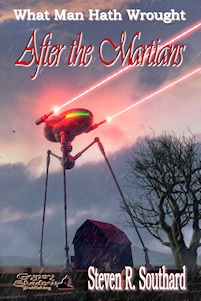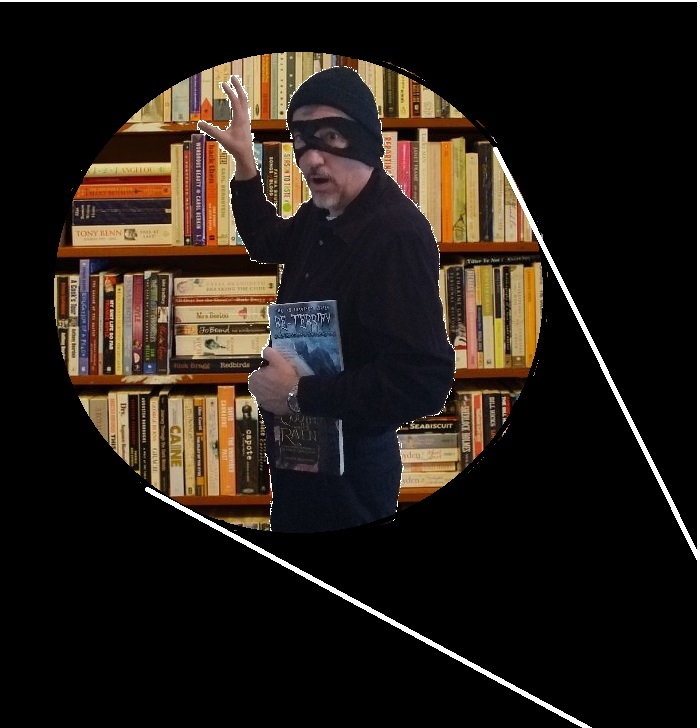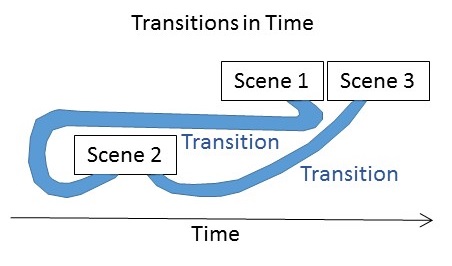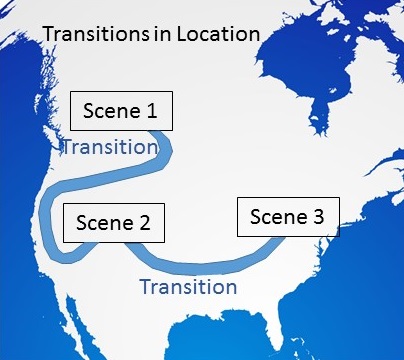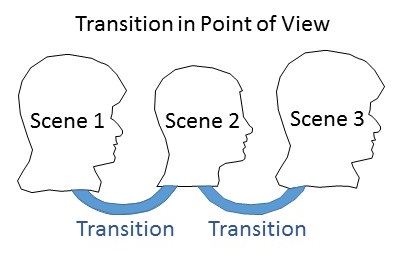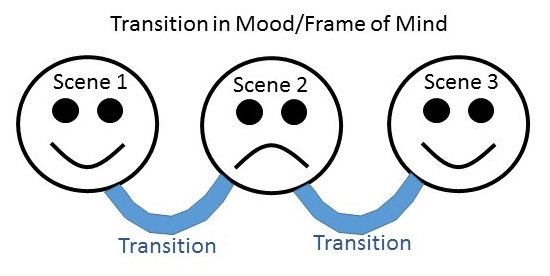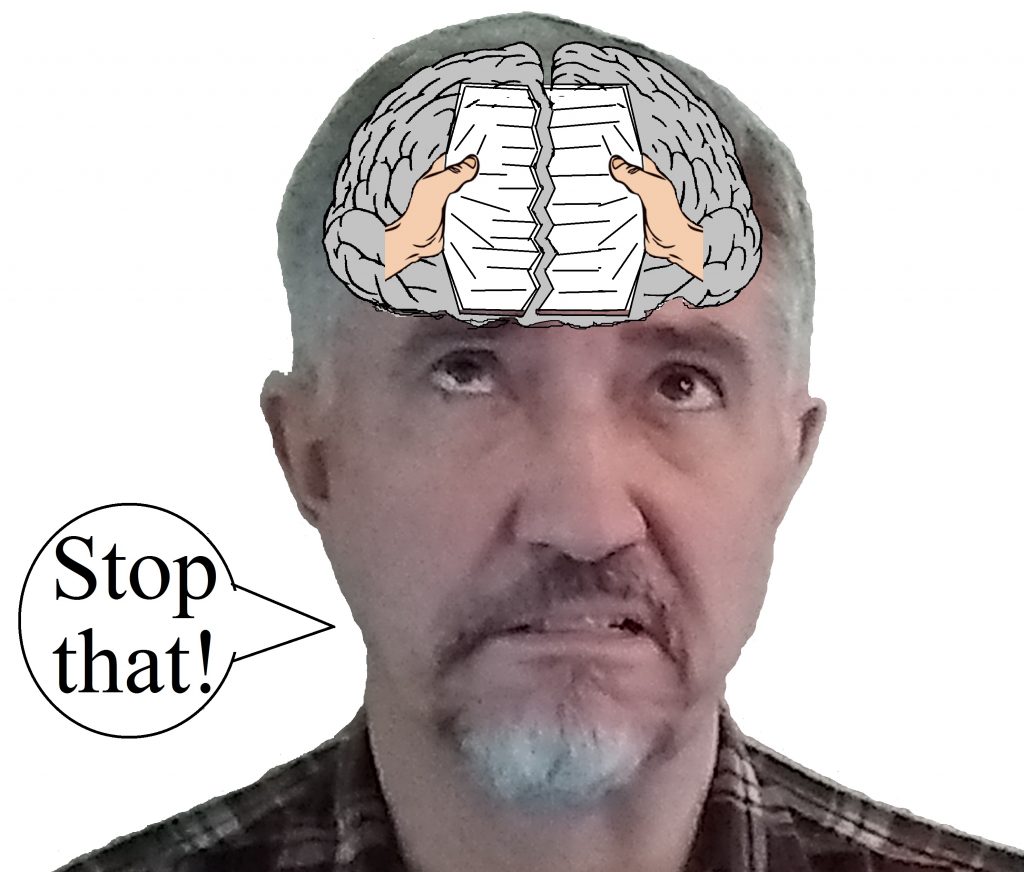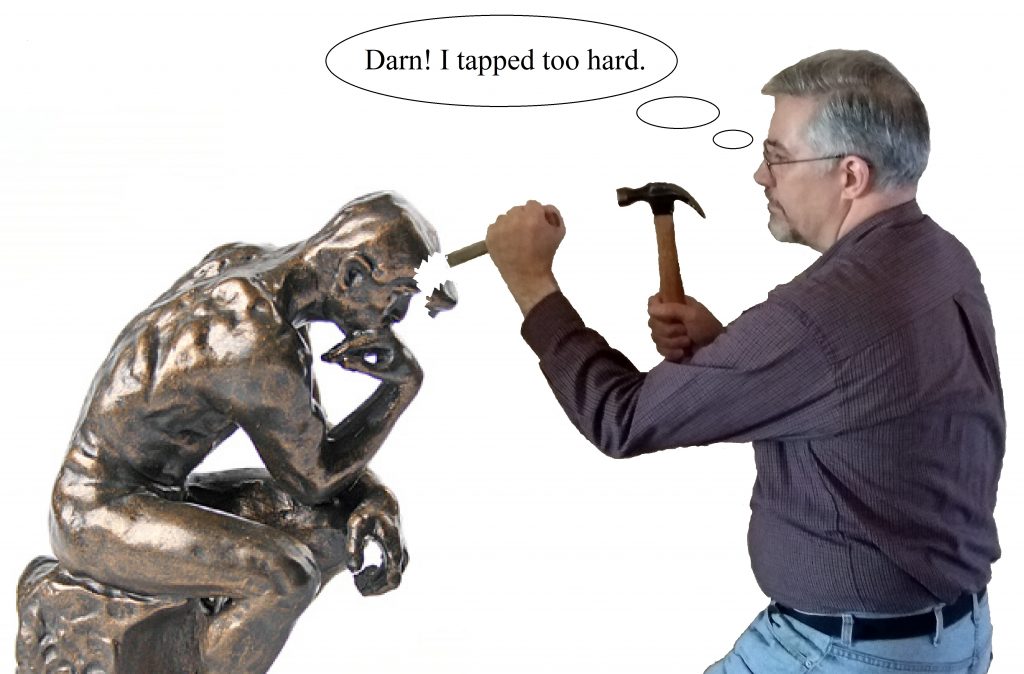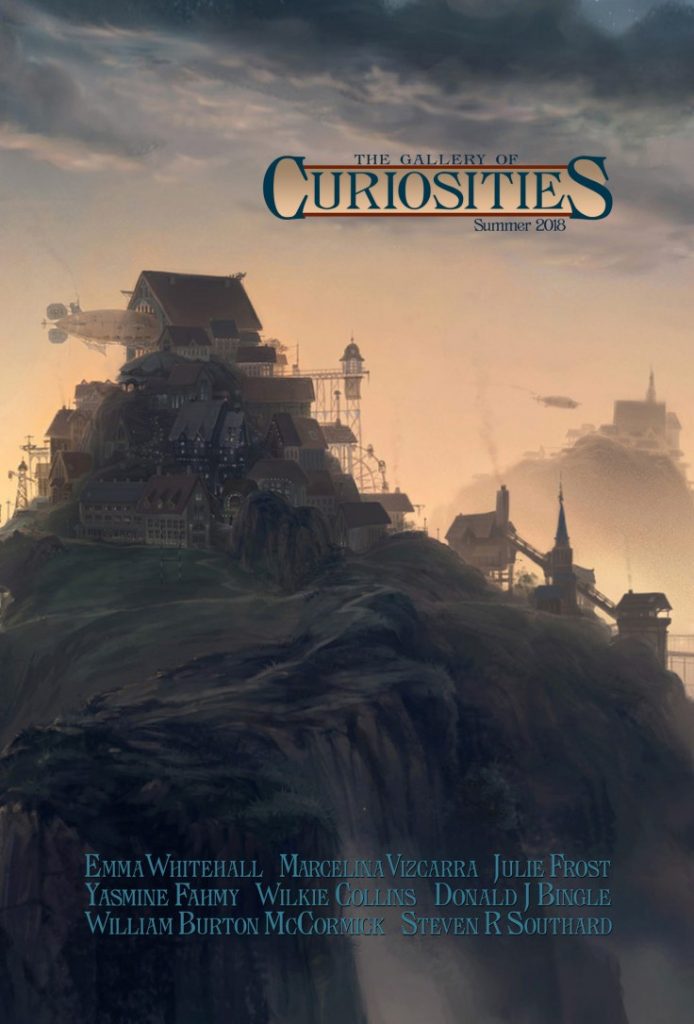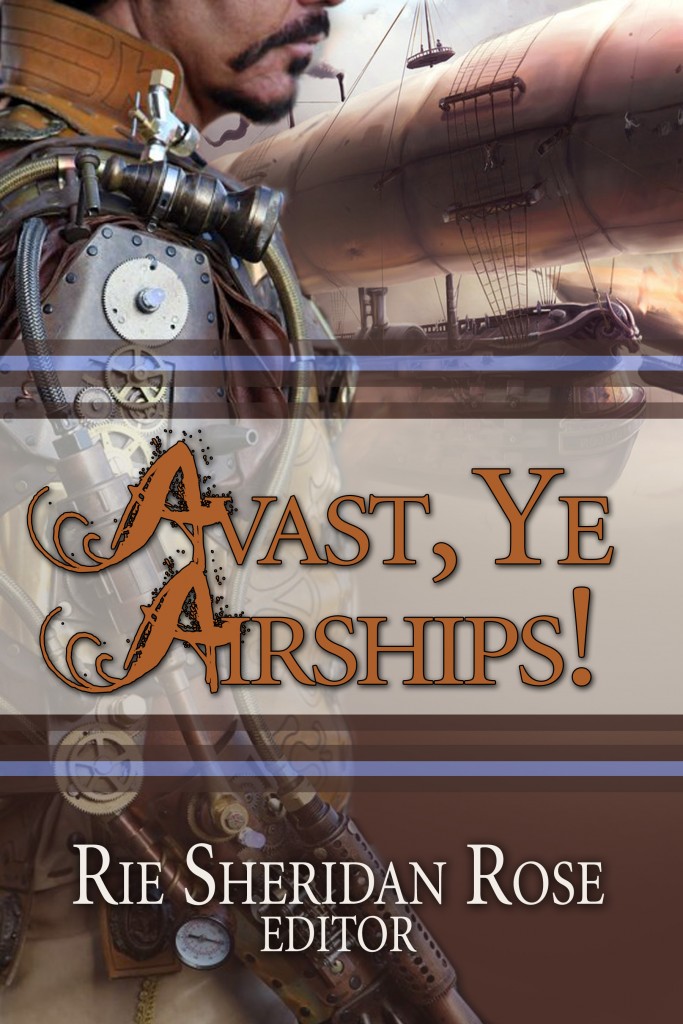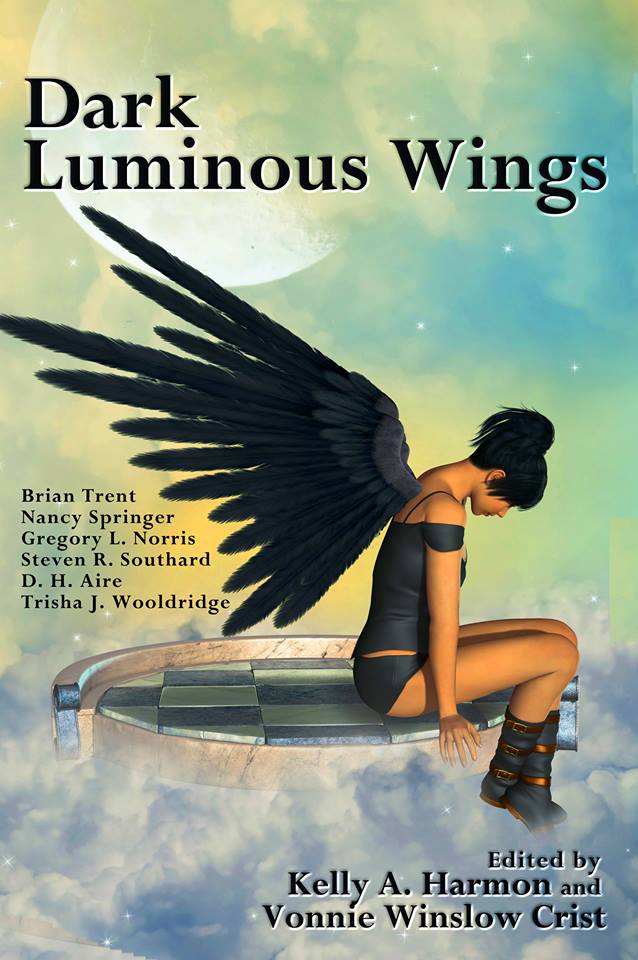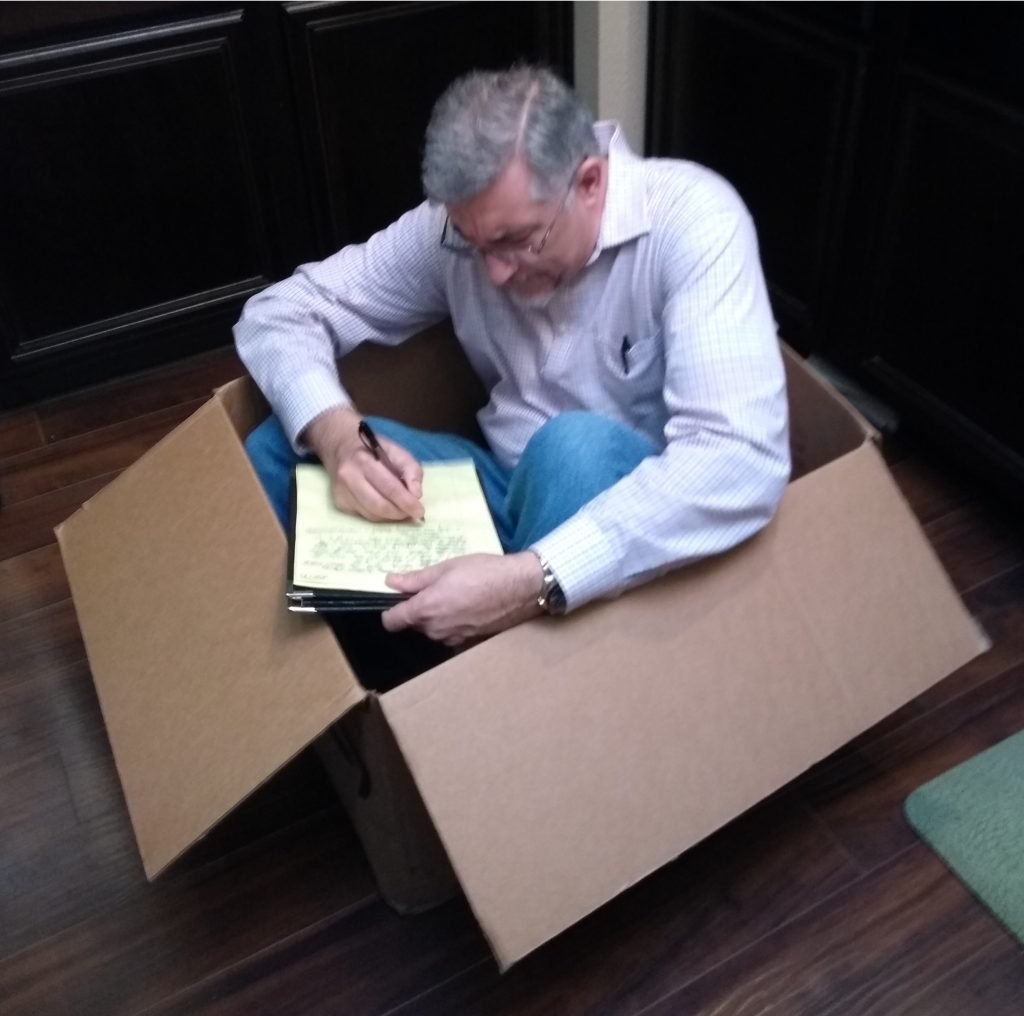You have a problem. Perhaps you’ve written your main character into a plot trap. Or you’re trying to create an irresistibly likable character. Or you need a good motivation for the antagonist. Or you don’t even know what to write about. I don’t know what your problem is. Still, let me help you solve it.
By writing sideways.
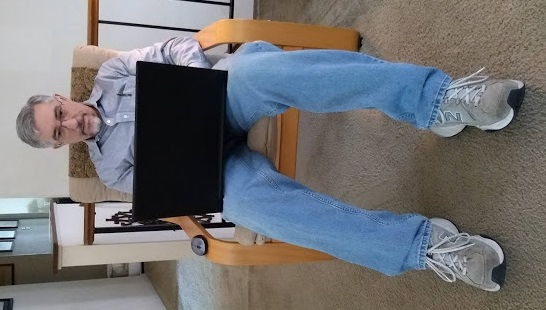
Well, it’s really called ‘lateral thinking’ but I like to think of it as writing sideways. I’m indebted to Shane Snow for the ideas in this post. He discussed problem solving in general, but my post is about solving problems while writing fiction.
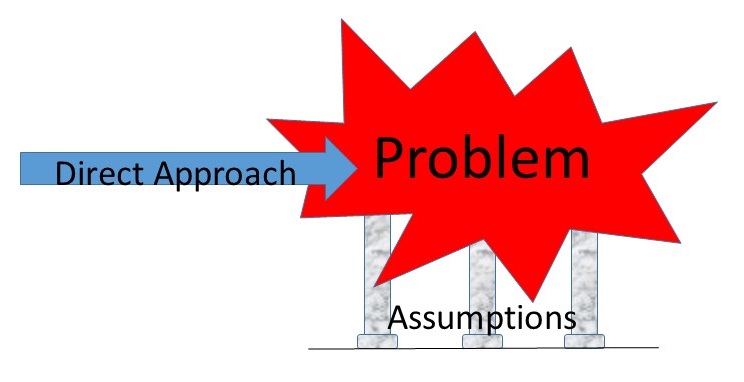
His article starts with a clever problem to illustrate his method, but I’ll choose a different one. Your character is in a new house wired by a crazy electrician. The character sees three switches in the basement and knows each switch controls a different incandescent lamp on the first floor, but doesn’t know which switch controls which lamp. How can she find out, by making only one trip upstairs?
Shane Snow’s method has five steps, but you might not need all five for every problem. I’ll rephrase his steps in my own words:
- Examine the assumptions. All problems have assumptions, but some are so obvious most people ignore them. List all the assumptions you can think of, and examine each one. Is it really true? Are there other options? For our Switch-and-Lamp problem, the assumptions might include:
- You need to know which switch controls which lamp.
- Each switch controls a different lamp.
- You can only make one trip up the stairs.
- You can’t see the lamps from the basement.
- You can determine a switch-to-lamp connection by flipping the switch on and looking at the lamp.
- Question the direct approach. Think about the way most people would solve the problem. Then ask, “what if I couldn’t do it that way?” For the Switch-and-Lamp problem, most people would flip a switch or two, then go upstairs and find they’ve only identified one of the three connections. They’re stymied by the limitation of being allowed only one trip upstairs.
- Re-write the Question. Often by examining the question, ingenious new answers emerge. Why is it so vital to know which switch controls which lamp? Why am I only allowed one trip upstairs? Does it matter that they’re ‘incandescent’ light bulbs?
- Approach the Problem Backwards. This is a common method used with mathematical problems. Imagine you’ve already solved the problem and think about what form that solution took and what route you must have taken to get there. In our character’s case, her solved problem consists of going upstairs and finding the three lamps in three different states, so she can know which switch controlled which lamp. That seems impossible, since lamps have only two states—on or off, right?
- Get a fresh perspective. Look at the problem from different angles and sides. In a problem involving fictional characters, think about how each of them see it. In our switch-and-lamp problem, look back and notice how we’ve constrained our thought by thinking of lamps as binary—either on or off, but we need some third state of a light bulb to know, in one trip, which switch controls each lamp. Is there a third state of a light bulb other than on or off?
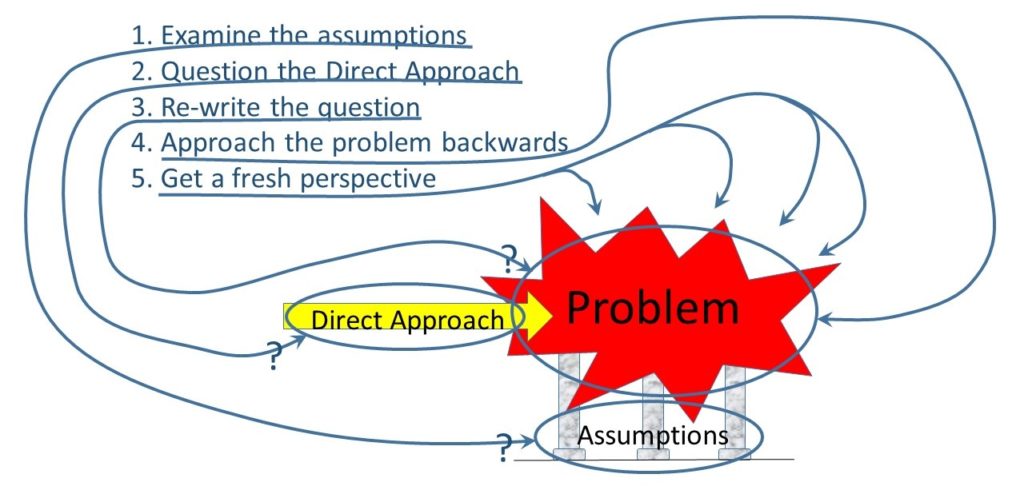
Readers love books that break molds, defy conventions, and explore new ideas. They enjoy characters that are out of the ordinary, or who solve bedeviling problems in ingenious ways. Perhaps these techniques of writing sideways will help you.
Oh, yeah. I forgot about the lamps. By now, you know one answer: your character must turn the first switch on and wait a few minutes, then turn that one off, turn the second switch on, and go upstairs. Your character will find one light bulb off but warm (switch 1), one lamp on (switch 2), and one lamp off but just room temperature (switch 3).
That’s the problem’s classic solution, but what if the problem permitted no trips up the stairs? Then our character could drill a hole in the basement ceiling and construct a periscope so she could see at a glance which lamp comes on as she operates each switch.
If you apply the sideways writing techniques, you’ll come up with even more solutions to this problem and many others, solutions far beyond the imagination of—
Poseidon’s Scribe

